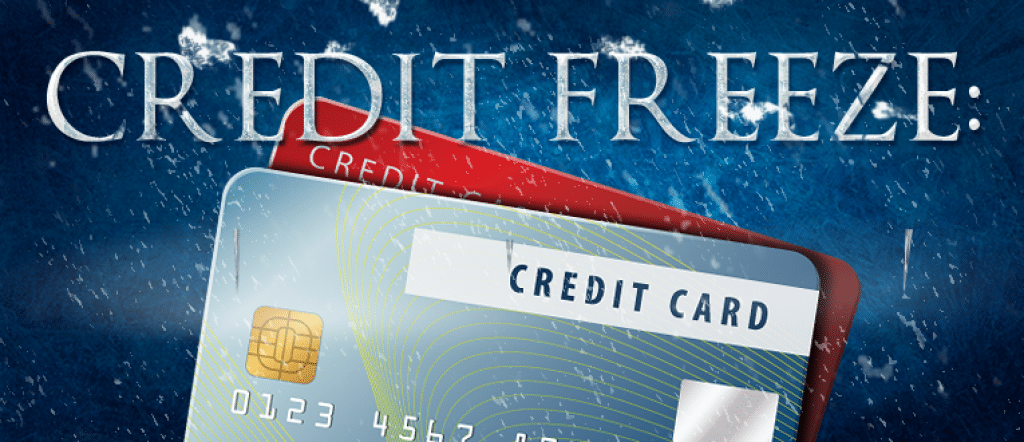What is a Credit Freeze?
Identity theft can ruin your credit worthiness.
A credit Freeze, also referred to as security freeze or a credit lock freezes your credit profile so nobody can use it.
It gives the consumer the powers to prevent the U.S.A consumer agency to issue his or her data without their consent.
The U.S.A consumer agency is also referred to as the credit bureau.
Such bureaus in the U.S.A include: Experian, Equifax, Innovis and TransUnion.
The credit freeze maintains the consumers data at the credit bureau until he or she gives consent for the data to be released.
After placement of a credit freeze, the consumer is issued with a Personal Identifier Number (PIN) that he/she later uses to lift or remove the credit freeze.
What a credit freeze does and doesn’t do
A security freeze can also be initiated by the legal guardians of minors and medically incapacitated consumers.
A credit freeze does not affect a consumers credit score rating.
A consumer’s credit will continue to be evaluated for the use of their existing account.
Debt collection companies which act on behalf of credit companies that a consumer already has relationship with can still access the credit report.
Lenders will tend to seek access to the borrower’s credit report before issuing a loan in the borrower’s name.
The chances that a lender will issue a loan in the borrower’s name if they cannot see his credit report is almost nil.
However, credit freezes might cause delay in approval of any subsequent request a consumer makes regarding a new loan.
This could be for services such as: credit, mortgage, insurance, public services, rental housing, investment and utilities
Available states and cost
According to the U.S PIRG Education Fund report October of 2015, credit freezes are available to consumers in all 50 states in the USA and in Colombia.
A credit freeze costs between $3-10 for the credit bureaus, depending on the state.
There is a $2-12 fee, for unfreezing a consumer’s credit report with each bureau.
All states give free security freezes to consumers if they can prove that they are identity theft victims.
Some offer them for free to consumers 65 years of age and above.
Some states such as, Indiana, New Jersey, and South Carolina place credit freezes for free to all consumers whether they are identity theft victims or not.
A credit freeze however, does not stop misuse by a fraudster of the borrowers existing bank accounts or credit accounts.
An individual needs to check the monthly statements on his or her existing accounts for any erroneous transactions.
Placing a credit freeze freeze is a personal choice for each consumer.
The credit freeze is particularly appropriate for those who are especially concerned about identity theft and those who aren’t planning to open more accounts.
The PIRG Education Fund Report has therefore educated and urged consumers in the USA about the importance of placing credit freezes.
It has identified a credit freeze as a very effective way to mitigate identity fraud.
References:
PIRG Report:Get security freezes before your information is stolen
1.http://uspirg.org/sites/pirg/files/reports/USPIRGFREEZE_0.pdf
2.http://www.experian.com/consumer/security_freeze.html[/vc_column_text][/vc_column][/vc_row]

